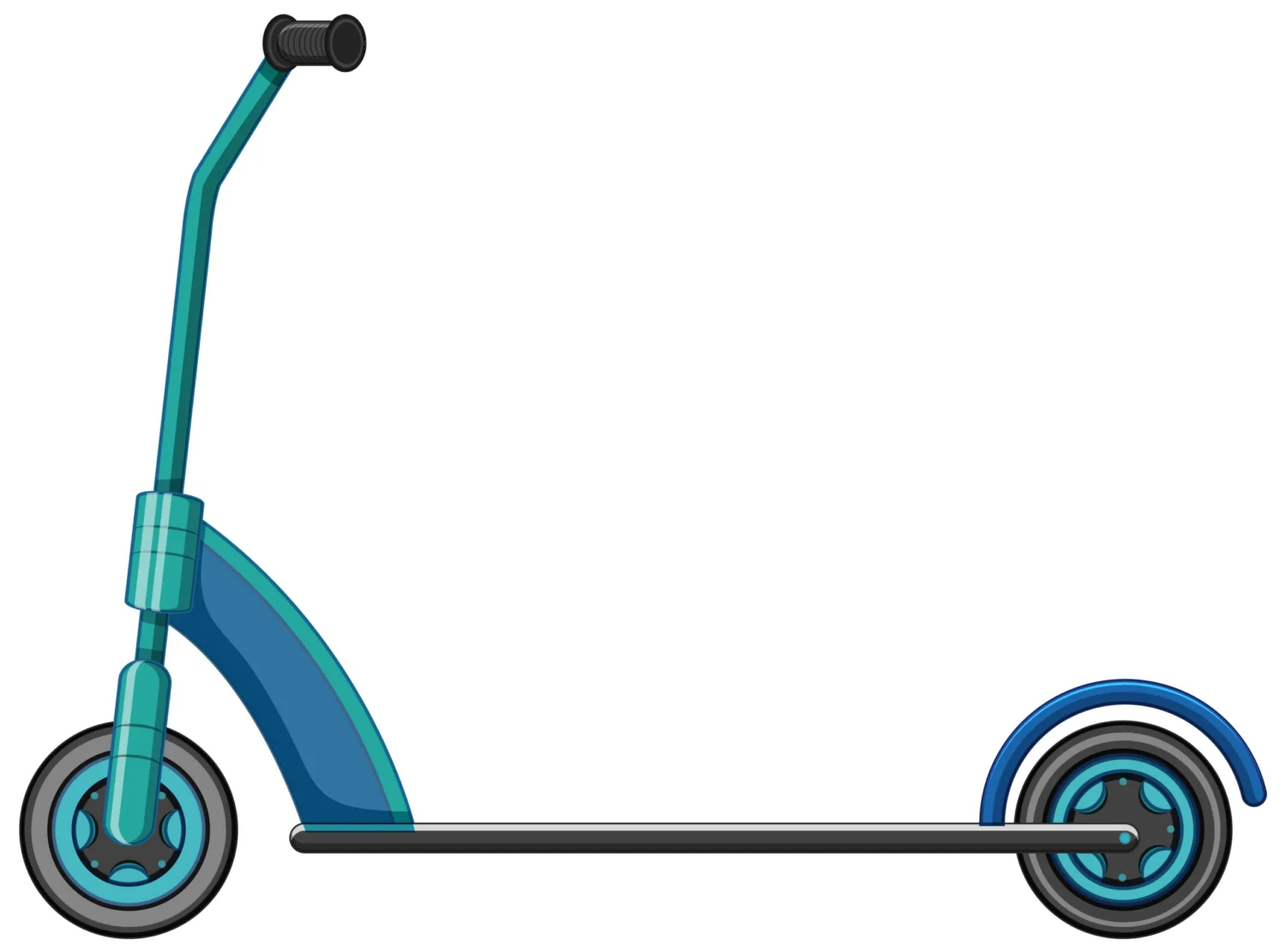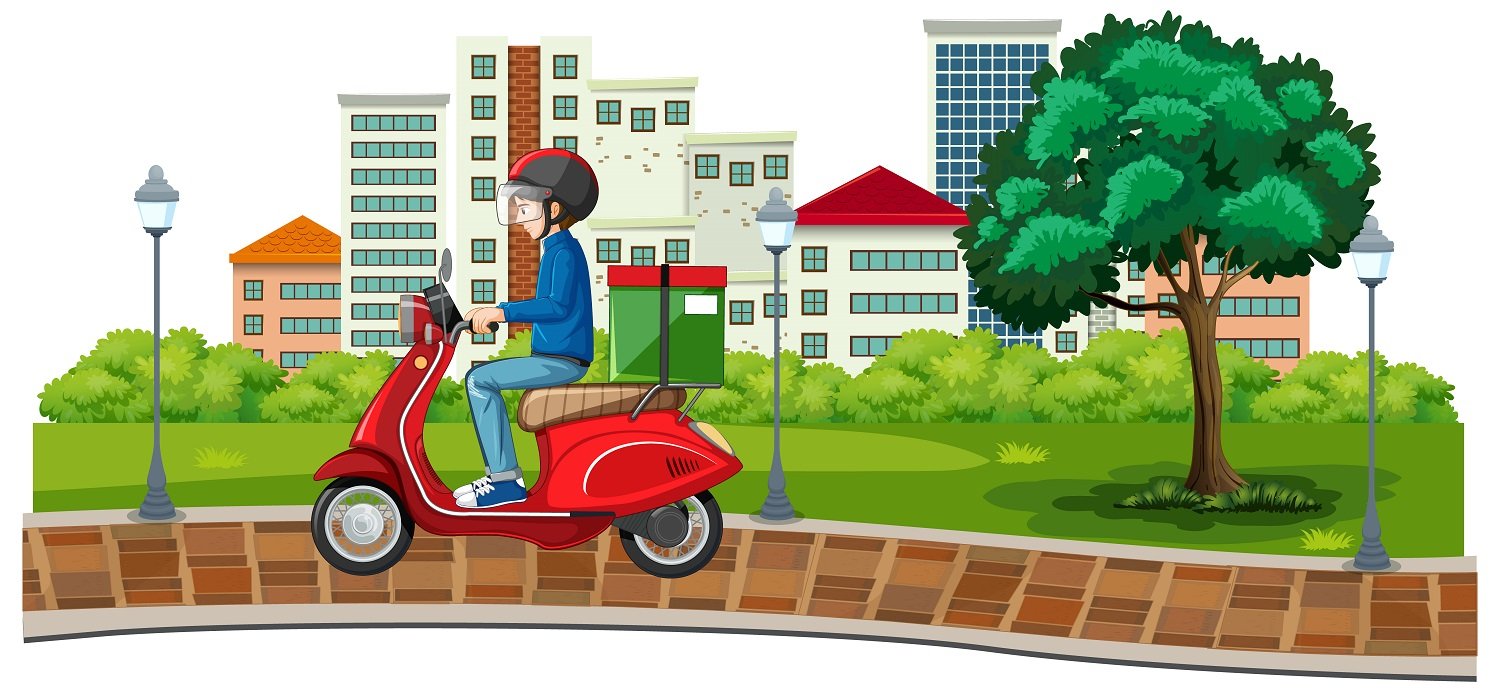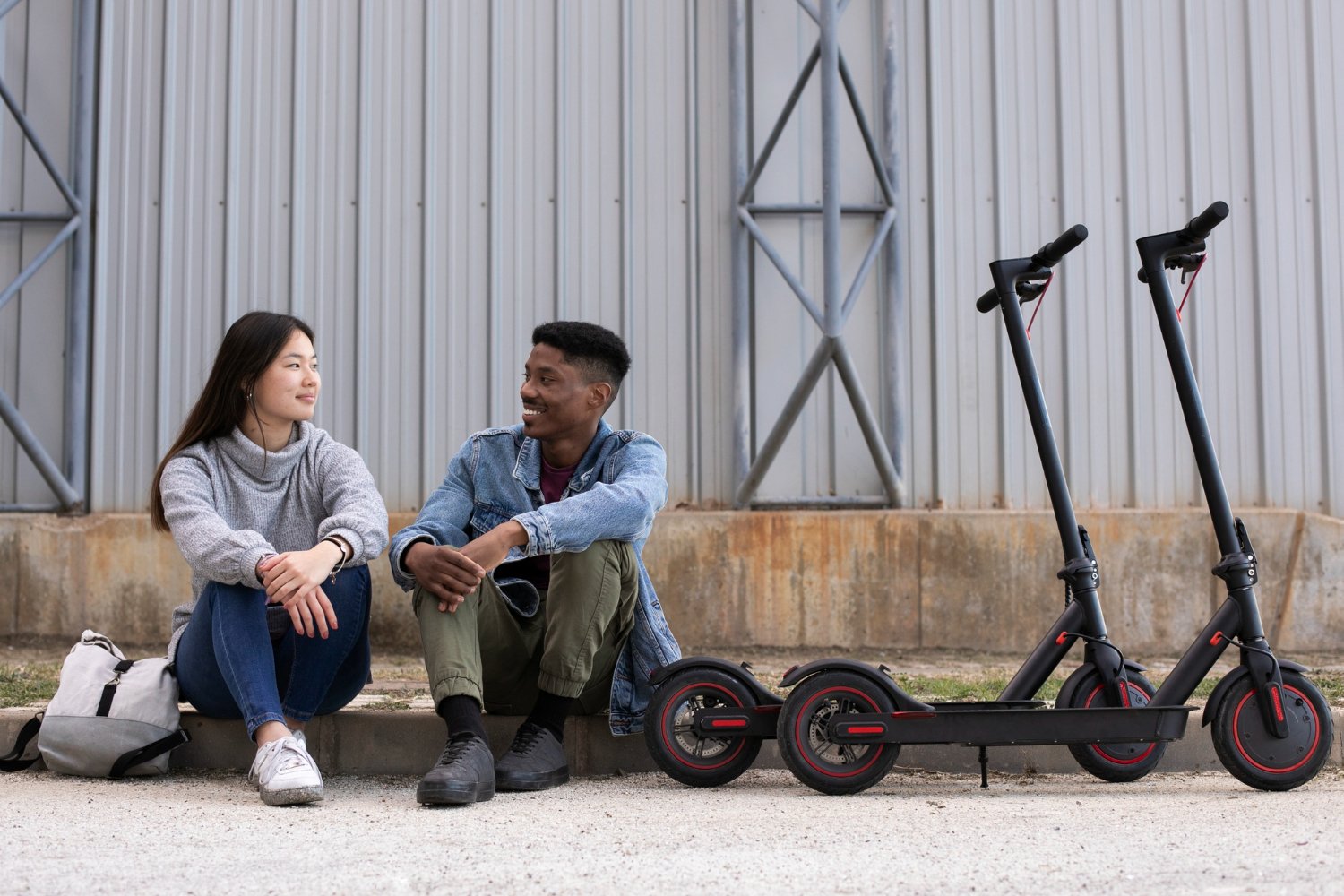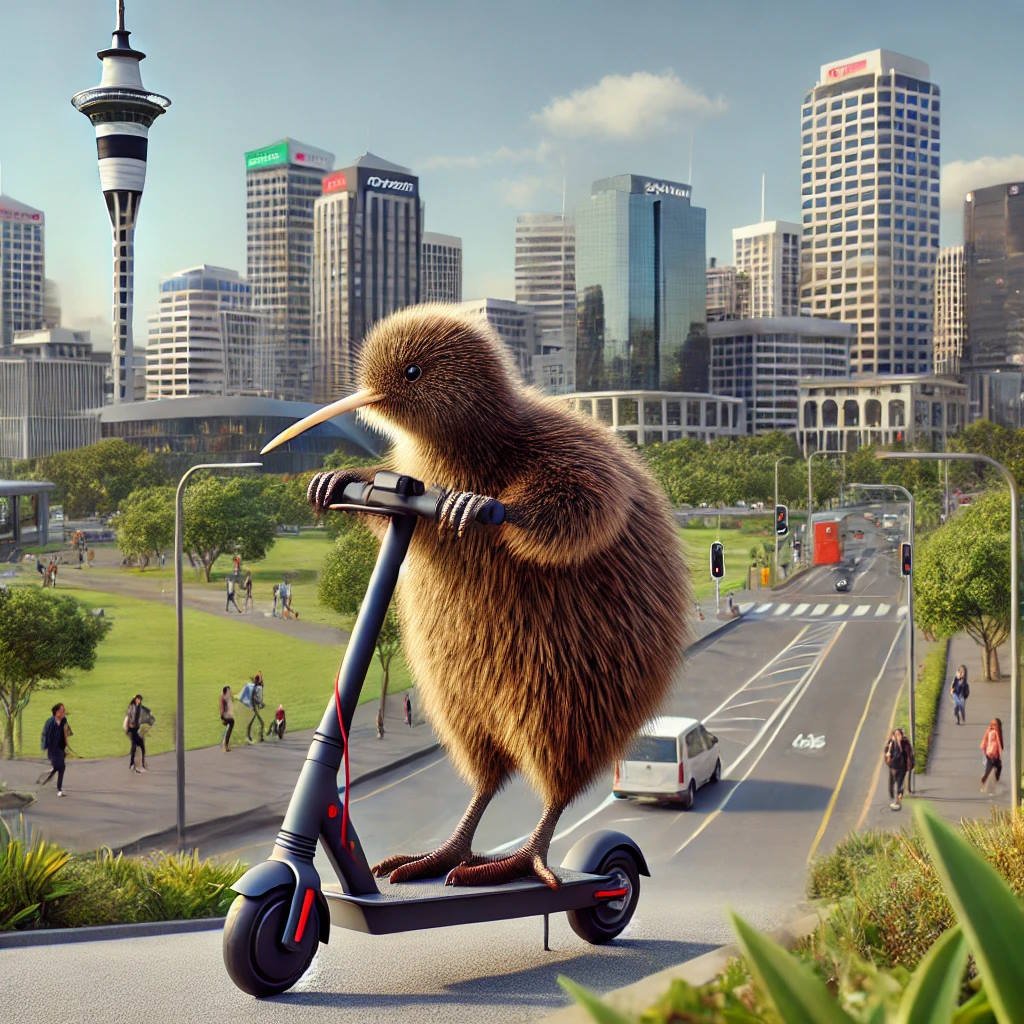Scooters are a fun and fuel-efficient way to get around, but are they safe for high-speed travel? This article explores the risks and regulations surrounding scooters on highways. We’ll delve into safety concerns like scooter maneuverability and sharing the road with large vehicles. We’ll also explore the legal landscape of scooter highway use around the world. Finally, we’ll consider alternative travel options and the ongoing debate about scooters on highways. Take a seat and make your own decision: Should we permit scooters on highways?
Safety Considerations: Can you drive scooters on the highway?
Scooters offer a thrilling and economical mode of transportation, but their lightweight design and smaller profile raise concerns about safety, especially on high-speed highways. This section delves into the key factors affecting scooter safety on highways:
Speed limitations and maneuverability:
Most scooters lack the power to keep pace with highway traffic. This speed disparity creates a dangerous situation where scooters become obstacles for faster vehicles. Additionally, scooters have a smaller turning radius compared to cars, making sudden maneuvers more challenging and unpredictable in high-speed environments.
Sharing the Road with Large Vehicles:
Large trucks and cars dominate highways. These larger vehicles easily overlook scooters due to their smaller size and lower visibility. This can lead to dangerous situations like close calls and unintentional crowding.
Equipping Yourself for Safe Highway Travel:
If you do choose to ride a scooter on the highway, prioritizing visibility is crucial. Ensure you’re visible to other drivers by wearing reflective gear, a brightly colored helmet, and a powerful headlight. Additionally, proper safety gear like gloves, elbow pads, and knee pads offers some protection in case of an accident.
The weather conditions, nighttime visibility, and pre-trip maintenance checks are important factors to consider.
Highway riding demands extra vigilance. Weather conditions like rain, fog, or strong winds can significantly impact a scooter’s handling and visibility. Nighttime travel on highways with a scooter is even riskier due to reduced visibility. Before any highway trip, perform thorough maintenance checks on your scooter, ensuring the brakes, tires, and lights are functioning properly.

Legality and Regulations: The Complex Landscape of Scooter Highway Laws
Depending on your location, the legal landscape surrounding scooter use on highways varies greatly. This section unravels the complexities of regional regulations.
Regional Variations:
Scooter highway laws differ significantly across continents. In North America (US and Canada), many states and provinces completely ban scooters from highways. Europe has a more nuanced approach, with some countries allowing scooters on specific highways if they meet minimum engine size requirements. Regulations in Asia, South America, and Australia are a patchwork, with some countries allowing scooters on certain highways and others imposing complete bans.
The legal classification of scooters and highway use permissions is a topic of interest.
Understanding your scooter’s legal classification is crucial. Electric scooters, typically with lower engine power, are often completely prohibited from highways in many regions. For mopeds or larger engine scooters, meeting minimum displacement requirements might be necessary for highway access.
The following are the fines and penalties for operating an illegal scooter on a highway.
Ignoring scooter highway restrictions can come with hefty fines. Depending on the region, penalties could range from simple fines to scooter impoundment and even license suspension.
Highway Signage and Regulations Regarding Scooters:
Keep an eye out for specific signage on highways. These signs might explicitly prohibit scooters or indicate minimum speed requirements. Disobeying posted regulations can have legal and safety repercussions.
Alternatives to Highways: Exploring Scooter-Friendly Options
While the thrill of open highways might beckon, there are numerous safer and often more enjoyable alternatives for scooter riders:
City streets vs. highway travel:
City streets, with designated lanes and slower speeds, offer a much safer environment for scooters. The stop-and-go nature of city traffic might seem less efficient, but shorter distances and traffic light support can make travel times comparable to highways in some cases.
Exploring Scenic Backroads for Scooter Adventures:
Ditch the highway monotony and embrace the charm of scenic backroads. These often winding routes offer stunning landscapes, a more relaxed pace, and fewer vehicles to contend with. Plan your route beforehand, ensuring the backroads can accommodate scooter speeds.
Utilizing Urban Scooter Networks or Carpooling/Public Transportation
Many cities offer scooter-sharing networks with designated pick-up and drop-off zones. This convenient option allows for point-to-point travel within the city without the hassle of parking. For longer distances, consider carpooling with friends or utilizing public transportation options like buses or trains. Many cities integrate scooter usage with public transport for first- and last-mile connectivity.
The fuel efficiency and environmental impact of scooters on highways are important factors to consider.
While scooters are generally fuel-efficient compared to cars, highway travel negates some of that benefit. Maintaining high speeds on highways can decrease a scooter’s fuel efficiency. Additionally, the stop-and-go nature of city traffic, where scooters excel, minimizes emissions compared to highway cruising.
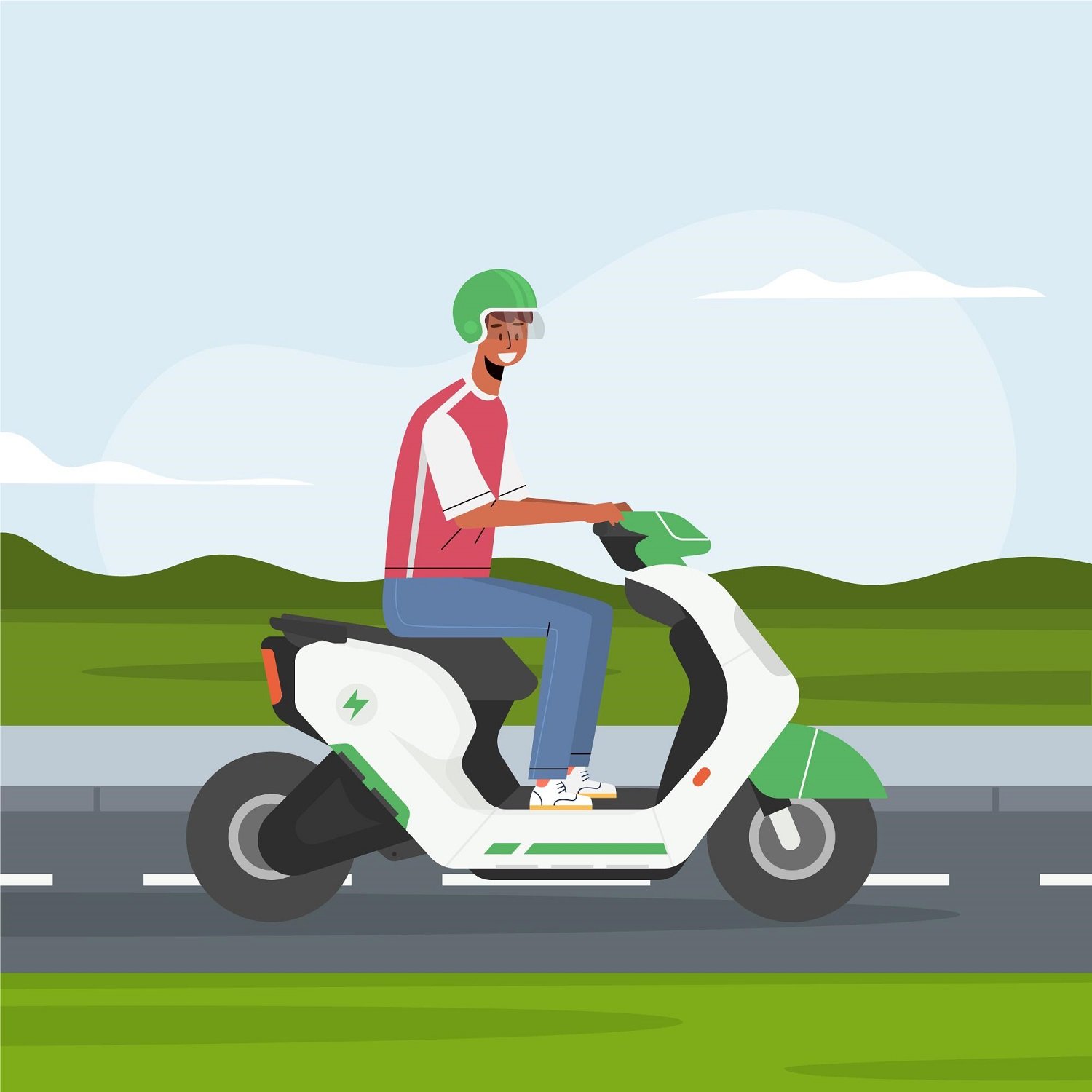
The Debate Over Scooters and Highways: A Look at the Future
The question of scooter access to highways remains contentious. This section explores the ongoing debate and ponders the future of scooters on high-speed roads.
The importance of scooter rider training and highway safety awareness is paramount.
Equipping scooter riders with proper training and highway safety awareness can significantly reduce risks. Courses can emphasize defensive riding techniques, maneuvering in high-speed environments, and sharing the road responsibly with larger vehicles.
I am advocating for safer scooter infrastructure on highways.
Proponents of scooter highway access argue for designated lanes or separate pathways for slower vehicles, such as scooters. This dedicated infrastructure could improve safety for both scooter riders and car drivers.
The role of law enforcement and educating the public on sharing the road is crucial.
Law enforcement plays a crucial role in ensuring safe roadways for all users. Enforcing existing scooter highway regulations and educating the public on sharing the road with scooters are vital steps towards safer coexistence.
The future of scooters on highways involves technology, designated lanes, speed requirements, and highway amenities.
Technological advancements like improved lighting and communication systems for scooters could enhance visibility and safety on highways. Some regions are also exploring the possibility of designated scooter lanes with lower speed limits. Additionally, providing highway rest stops with scooter-friendly amenities like charging stations could make long-distance scooter travel more feasible.
Ultimately, the decision to allow scooters on highways requires careful consideration of the risks and benefits. We cannot ignore safety concerns, but we can potentially achieve a future where scooters share the highway safely with proper training, infrastructure improvements, and responsible scooter use.
Conclusion
The allure of open roads on a scooter is undeniable. However, safety remains paramount. This article has explored the significant challenges scooters face on highways, from speed limitations and maneuverability issues to complex legal restrictions and the dangers of sharing the road with larger vehicles.
While some regions allow scooters on specific highways with limitations, the overall consensus leans towards prioritizing safety by keeping scooters off high-speed roads. Alternative options like city streets, scenic backroads, scooter-sharing networks, and even carpooling and public transportation offer safer and often more enjoyable ways to navigate your journey.
The ongoing debate on scooter highway access acknowledges the potential benefits of improved training, dedicated infrastructure, and technological advancements for scooters. However, these solutions are still in development, and the risks currently outweigh the potential rewards.
Ultimately, the decision to allow scooters on highways rests with local authorities, who must weigh the safety concerns against the potential benefits. As scooter technology evolves and safety measures improve, the future might hold a space for scooters on highways, but for now, alternative routes remain the best option for responsible and enjoyable scooter travel.
